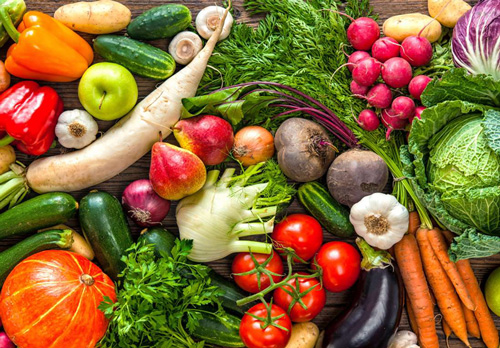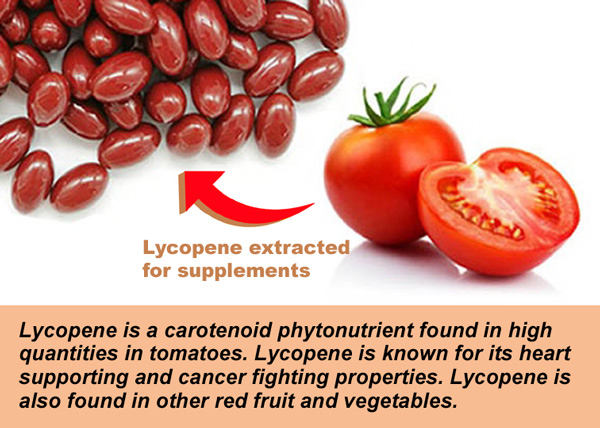A new study from Israel has found that a type of phytonutrient called carotenoids inhibited the secretion of the MMP-1 enzyme—the enzyme responsible for collagen damage—by around 50%.
Meanwhile a Penn State University study found that people with Parkinson’s Disease were able to reduce their risk of all-cause mortality by increasing their intakes of flavonoids, another type of phytonutrient.
The Israeli carotenoid study was published in Antioxidants in December 2021 while the the Penn State flavonoid study was published in Neurology in March 2022.
“Phytonutrients” refers to the wide range of nutrients found in plants. “Phyto” is the Greek word for plants. Phytonutrients are divided into many classes and categories, and new phytonutrients are still being isolated and named today. Widespread research documenting the health benefits of different phytonutrients is also ongoing and constant.
Carotenoid study details
The new study on carotenoids was funded by an Israeli ingredient manufacturer, and utilized a supplement that included lycopene, phytoene, phytofluene and beta-carotene. The carotenoids were provided via extracts from tomato and rosemary.
To investigate whether phytonutrients could protect against oxidative damage, cells were pre-incubated for 24-hours and then treated with increasing concentrations of tomato or rosemary extracts. Finally the cells were exposed to hydrogen peroxide—to induce cell damage— for an additional 24 hours, along with continuation of the phytonutrients.
The researchers reported “large and significant effects” when cells were pre-treated with carotenoids. Moreover, both tomato and rosemary extracts appeared to reverse the effects of hydrogen peroxide cell damage.
Writing in the study summary, the researchers commented: “Tomato extract reduced the H2?O2?-induced rise in MMP-1 enzyme secretion by about 50% and completely restored pro-collagen secretion.
“Similarly, rosemary extract decreased MMP-1 secretion and increased pro-collagen secretion to their basal levels.”
Besides proving the benefit of taking potent carotenoid supplements, the researchers also noted the importance of regularly eating carotenoid-containing foods, writing: “A balanced diet rich in phytonutrients may improve skin health and appearance.”
Flavonoid study details
The flavonoid study, conducted at Penn State University in Pennsylavania, U.S., was focused specifically on patients with Parkinsons Disease. Researchers reported that patients with Parkinson’s Disease who consumed larger amounts of flavonoid foods saw a significant reduction in mortality in decades of follow-up tracking.
Specifically, the researchers reported those in the highest quartile of flavonoid consumption (about 673 mg daily) had a 70% greater chance of survival than the lowest group (about 134 mg daily) during the full 34-year follow up period.
While the study was observational, the authors noted that it has been demonstrated that flavonoids act as antioxidants which have an effect on oxidative stress in a way that translate to a reduction in neuroinflammation levels—and the new study corroborates these earlier findings.
The researchers also noted that the new study was follow-up to their previous research on subjects without Parkinson’s: “Our group’s previous research found that when people without Parkinson’s ate more flavonoids, it was associated with a lower risk of them developing the disease in the future,” Xiang Gao, study author and professor of nutritional sciences at Penn State, said.
When it comes to consuming a wide range of both carotenoids and flavonoids, nothing beats Optimal Fruit & Veggie Plus from Optimal Health Systems. With dozens of different fruits, vegetables and herbs in every scoop, Optimal Fruit & Veggie Plus guarantees a wide range of phytonutrients with every scoop you mix!
– – – –
Sources: Antioxidants (MDPI database), Neurology.
To view our research on different phytonutrients, visit our Phytonutrients Page here.



